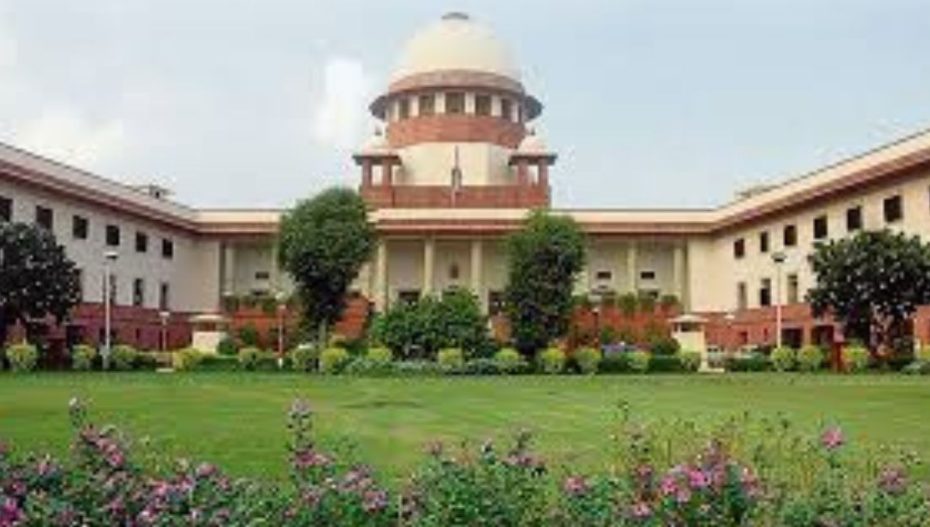In the wake of widespread debate surrounding the suicide of a Bengaluru-based techie allegedly due to harassment by his estranged wife, the Supreme Court of India has outlined key considerations for determining alimony in divorce cases. While emphasising that the factors are not a “straitjacket formula,” the court advised other courts to use the guidelines when deciding on permanent alimony.
The ruling was issued in the divorce case of Praveen Kumar Jain and Anju Jain. A bench comprising Justice Vikram Nath and Justice Prasanna V Varale directed Praveen Kumar Jain to pay Rs 5 crore in alimony to his wife, along with Rs 1 crore set aside for the financial security of their adult son.
The court listed the eight factors to be considered when determining alimony including Social and economic status of both spouses; Future basic needs of the wife and children; Qualifications and employment status of both parties; Sources of income and assets of both individuals; The standard of living enjoyed by the wife during her marriage; Whether the wife left her job to care for the family; Provision for legal costs for a non-working wife; The husband’s financial obligations, including maintenance allowance and other responsibilities.
The couple, who lived together for six years before spending the next 20 years apart, had their marriage marred by allegations of incompatibility and strained relations. The court noted that the marriage had irretrievably broken down, justifying the divorce and alimony settlement.
The judgement comes amidst public outrage over the death of 34-year-old Bengaluru engineer Atul Subhash, who took his life on 9 December. Subhash left behind a 24-page note accusing his estranged wife, Nikita, and her family of harassment, including false claims of dowry demands, unnatural sex, and murder.
In his note, Subhash detailed years of legal battles, including disputes in a family court in Jaunpur, Uttar Pradesh. He alleged that Nikita demanded excessive maintenance payments and displayed objectionable behaviour during court proceedings.
Also Read: Union Cabinet Approves ‘One Nation, One Election’ Bill













